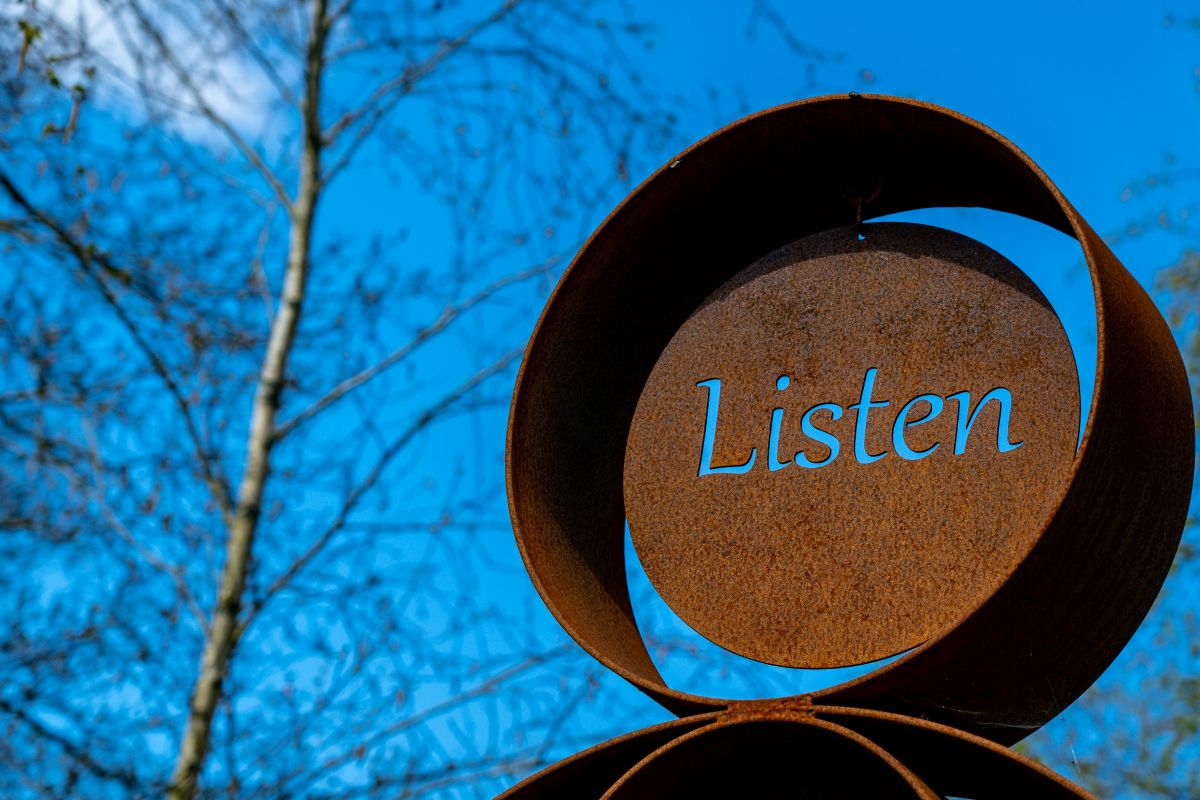
According to David Brooks, New York Times columnist and author of one of my favorite books, How to Know a Person, there are two types of wisdom:
To apply this to mentoring, knowing how to solve problems is how most mentors mentor – they point mentees in the right direction. They ask about a situation and then offer life-altering advice. And because most people crave an easy button, they seek Problem-Solving Mentors who can quickly help them find the pathway they’ve missed. Knowing about people is more nuanced wisdom. People-Knowing Mentors don’t tell people what to do – they create a safe space for mentees to navigate situations and discover their path. This mentor joins a mentee’s growth journey, supporting the exploration, challenging the obvious, and revealing potential. How do we shift from being Problem-Solving Mentors to People-Knowing Mentors? By doing what Brooks calls: “Loud Listening.” Typically, we listen by hearing the words someone speaks. And communication experts preach “active listening,” which is being patiently attentive and then acknowledging what we’ve heard. But Loud Listening is involved listening, enabling us to know a person deeply and contribute to them greatly. Loud Listening entails listening for understanding, asking questions for context and clarification, scouting for the unspoken, probing for insights, and supporting the mentee as they process, stumble, and unearth options. Questions Loud Listeners ask:
Loud Listening ignites curiosity, awakening a mentee to the possibilities in each problem and situation. Wise mentors intentionally meet what Brooks calls “crucial conversational moments” with Loud Listening, choosing to immerse in the moment before introducing a segue, a story, or a solution. Suddenly, the easy button becomes a meaningful button. © 2025. Ann Tardy and MentorLead. www.mentorlead.com. All Rights Reserved. |
